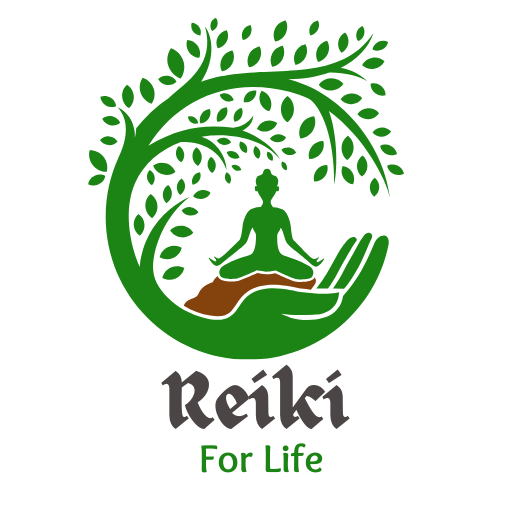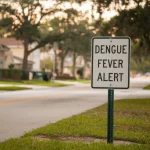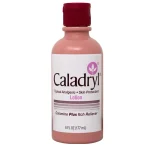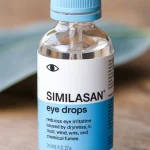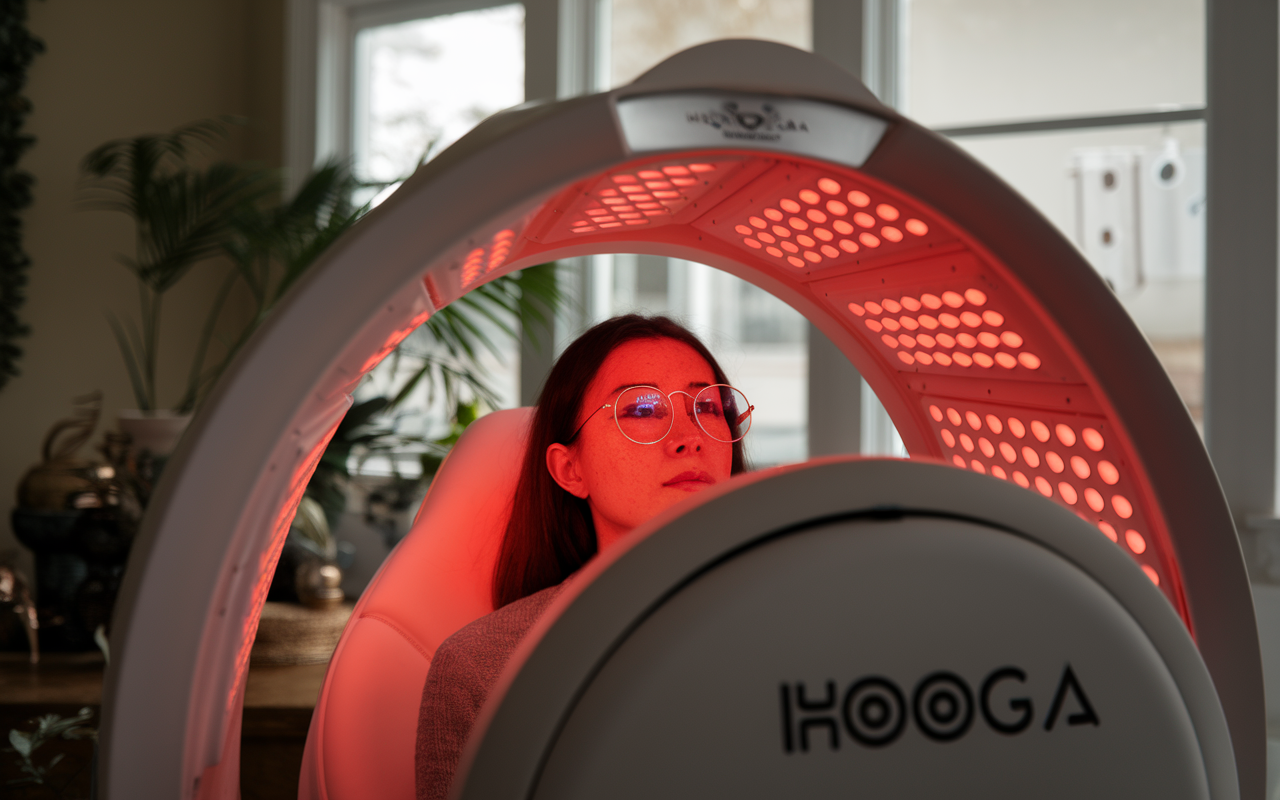Recovery from emotional wounds might feel daunting since they have a profound effect on day-to-day living. Trauma Therapy APN offers evidence-based treatments and individualized care to promote long-term recovery, so introducing a revolutionary approach to healing. This specialist therapy helps people regain control, develop resilience, and discover emotional balance, regardless of whether they are coping with PTSD, anxiety, or past trauma. With professional direction and customized techniques, Trauma Therapy APN enables you to recover and proceed with assurance. Find out how this life-changing therapy can help you on your path to mental health.
Understanding Trauma and Its Impact
An emotional reaction to upsetting situations like abuse, accidents, or significant life upheavals is called trauma. It can show up as physical symptoms based on the fight-or-flight reaction that PTSD causes, anxiety, despair, or emotional detachment.
Trauma has profound physiological repercussions as well as emotional ones, altering neuronal networks and trapping people in painful cycles. In order to promote long-lasting healing, specialized trauma therapy addresses both the emotional and physical components, including therapies at APN clinics.
What Is Trauma Therapy APN?
Trauma treatment Expert-led therapy approaches designed to address the complex impacts of trauma are a part of advanced practice nursing, or APN. APN providers, who are grounded in evidence-based treatment, use conventional therapy, medication, and cutting-edge techniques to promote holistic recovery.
APN professionals provide compassionate care with long-term outcomes in mind, from using APN TMS (transcranial magnetic stimulation) to treat severe PTSD symptoms to using trauma bond counseling to restore trust.
Key Components of Trauma Therapy APN
Trauma Bond Counseling
Trauma ties, which are frequently based on cycles of control and reward, happen when victims develop unhealthy relationships to their abusers. Through the untangling of these harmful tendencies, trauma bond counseling enables people to regain their independence.
Cognitive-behavioral therapy (CBT), mindfulness exercises, and interpersonal skills training are examples of counseling strategies. This counseling tackles the underlying patterns of trauma-induced relationships, whether it is provided in an APN outpatient context or at a special trauma bond retreat.
Ketamine-Assisted Therapy
For those who are not improving with conventional treatments, ketamine-assisted therapy offers a ground-breaking alternative. When used under supervision, such as in APN clinics, ketamine helps rewire neural connections, which lessens PTSD and depression symptoms.
Its effectiveness in reducing chronic trauma-related symptoms has been demonstrated by research, providing hope to individuals caught in cycles of hopelessness and emotional numbness.
Read More: Master Reiki Session with Bioresonance Frequency Therapy
APN TMS and Neuro-Regulation
The fight-or-flight reaction that PTSD triggers can cause the nervous system to become constantly on edge. Targeting hyperactive brain areas associated with PTSD, APN TMS is a non-invasive brain stimulation method.
TMS patients frequently report better sleep, less worry, and more emotional control. This innovative technique promotes long-lasting recovery when used with conversation therapy.
Healing in an APN Outpatient Environment
APN outpatient clinics are made to be more convenient, flexible, and patient-centered than traditional therapy settings. These establishments provide:
tailored treatment programs that take into account the particular kind and intensity of trauma.
access to cutting-edge treatments like ketamine and TMS.
Community-building initiatives and support organizations might help lessen isolation.
Patients can prioritize their mental health while maintaining their regular routines thanks to the outpatient method, which guarantees continuity of care.
Common Trauma Responses Explained
Is Fainting a Trauma Response?
Indeed, fainting may be a reaction to trauma. Often referred to as a “vasovagal response,” it happens when stress overwhelms the body and causes a sharp decrease in blood pressure and heart rate.
Those with severe anxiety or unresolved trauma are more likely to experience this reaction. Patients can better manage their stress by desensitizing to these triggers with the aid of trauma therapy, particularly when supervised by APN specialists.
Trauma Bond Retreats: A Transformative Experience
A trauma bond retreat offers a safe, controlled setting for people who require an immersion healing strategy to escape harmful relationships and reestablish their sense of self.
These retreats, which combine mindfulness exercises, workshops, and therapy, speed up recovery by removing participants from stressful situations and providing a targeted healing path.
The Role of APN Clinics in Trauma Recovery
The dedication to comprehensive, evidence-based care is at the core of APN trauma therapy. APN clinics are centers of innovation that provide individualized therapies.
These clinics put the health of their patients first, using both conventional methods like talk therapy and innovative ones like TMS. Their holistic approach promotes thorough rehabilitation by guaranteeing that no part of trauma is left addressed.
The Fight-or-Flight Response PTSD Explained
One characteristic of post-traumatic stress disorder is the overactivation of the fight-or-flight response, a survival strategy intended to protect against immediate threats. However, for trauma survivors, this response endures over time, leading to symptoms like:
Over-vigilance
Having trouble focusing
Disturbances in sleep
People who receive trauma therapy develop the ability to control their neural systems, moving from reactivity to resilience.
Trauma Therapy APN: A Glimpse Into the Future
With developments like these, the future of trauma therapy is more promising than ever.
increased application of ketamine-assisted therapy to address PTSD that is resistant to treatment.
Trauma bond retreats are now more widely available for immersion rehabilitation.
Wearable technology is being used to track and control the fight-or-flight reaction that PTSD triggers.
These developments highlight the transforming power of APN trauma therapy, enabling more people to achieve recovery.
FAQs
What distinguishes APN trauma therapy from conventional therapy?
Trauma therapy APN ensures a holistic approach to healing by combining conventional counseling with cutting-edge medical treatments like TMS and ketamine-assisted therapy.
What is the process of trauma bond counseling?
In order to promote independence and self-confidence, trauma bond counseling focuses on recognizing and severing toxic emotional bonds created in abusive relationships.
Is fainting a reaction to trauma?
As a trauma response, fainting may occur when the body’s stress-reduction systems overwork and induce a vasovagal reflex.
What advantages does APN outpatient care offer?
APN outpatient care offers patients individualized, adaptable treatment programs that incorporate cutting-edge therapies, enabling them to reconcile their recovery from mental illness with their everyday lives.
How is ketamine-assisted therapy applied in trauma therapy APN, and what is it?
For patients who are unresponsive to conventional therapies, ketamine-assisted therapy offers hope by administering ketamine under supervision to treat severe trauma-related symptoms.
Can PTSD triggers that cause the fight-or-flight response be addressed by trauma therapy?
Indeed, by treating the chronic overactivation of the fight-or-flight response, trauma therapy helps patients develop resilience and control their neurological systems.
Conclusion
By fusing science, compassion, and creativity, APN is revolutionizing trauma care, redefining mental health recovery, and giving survivors hope. These evidence-based remedies, which range from trauma bond counseling to innovative therapies like ketamine-assisted therapy, are changing people’s lives.
Investigating an APN outpatient clinic could be the first step toward recovery if you or a loved one is experiencing trauma. Furthermore, recuperation is not only possible but also unavoidable with the correct assistance.
